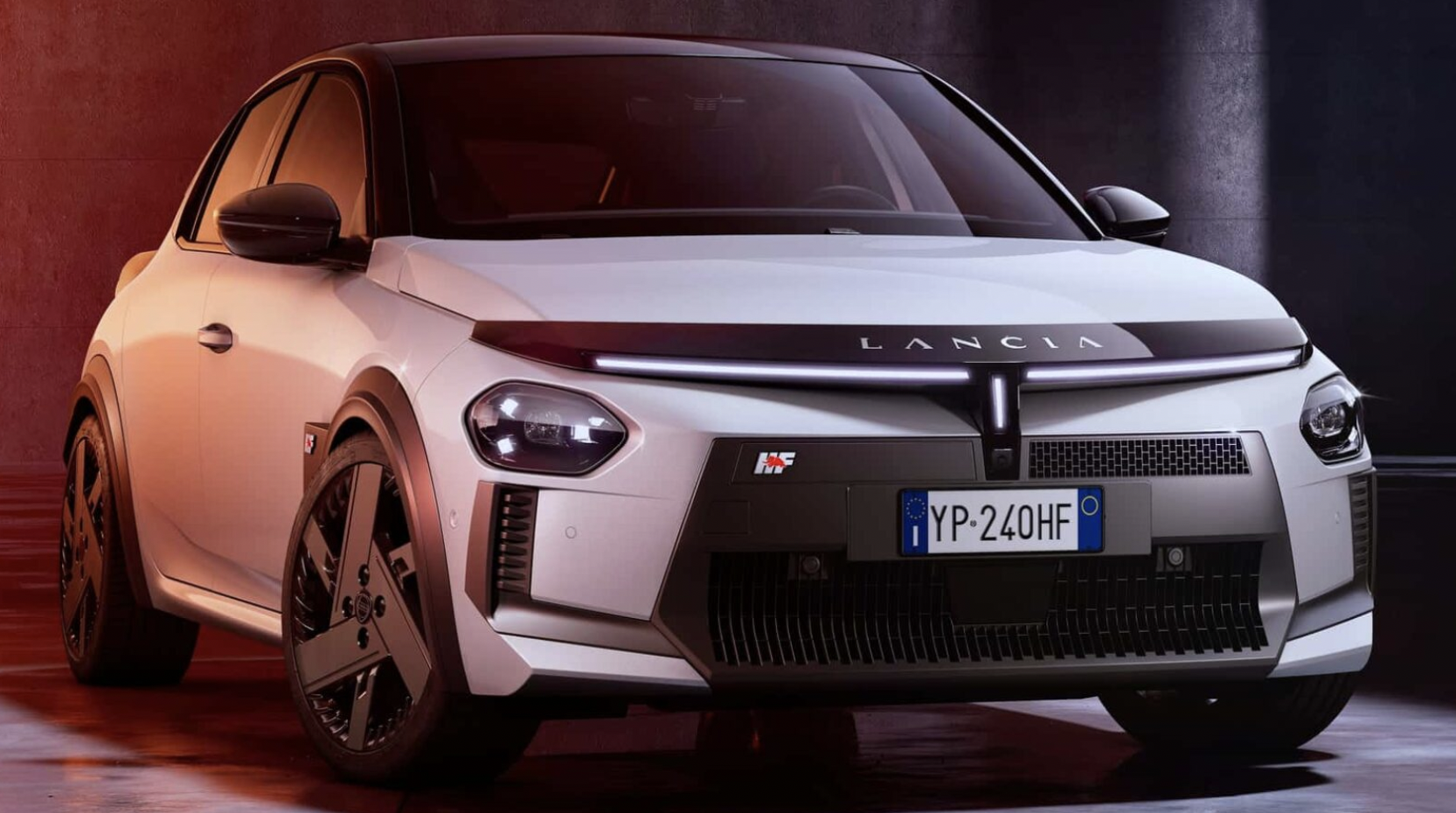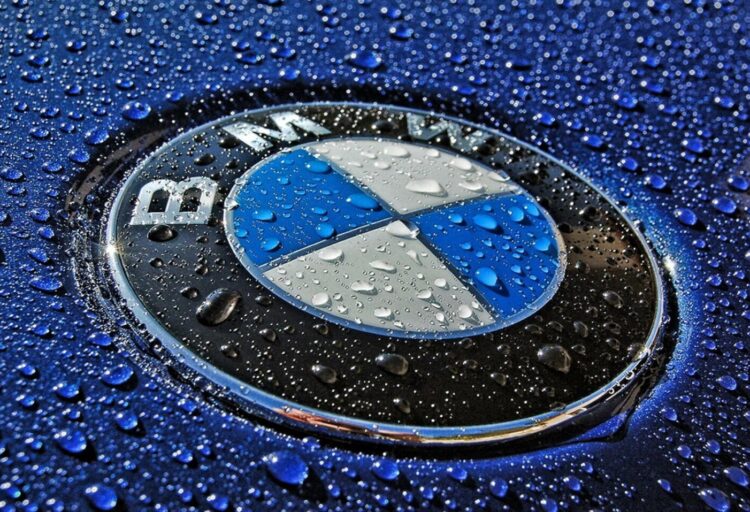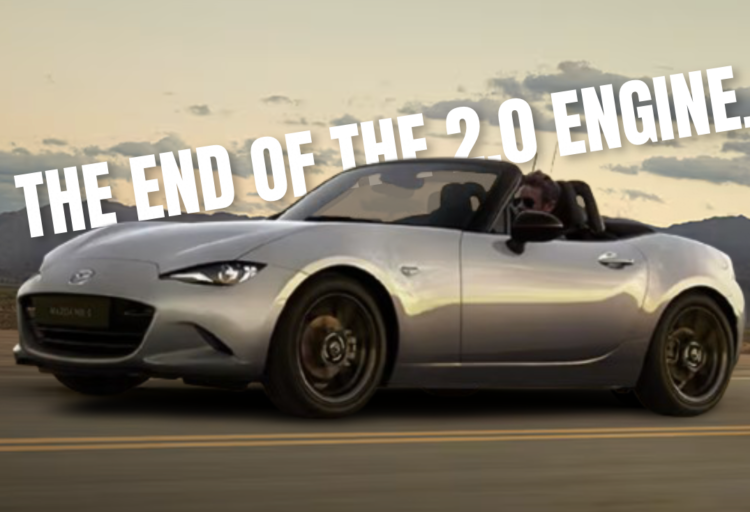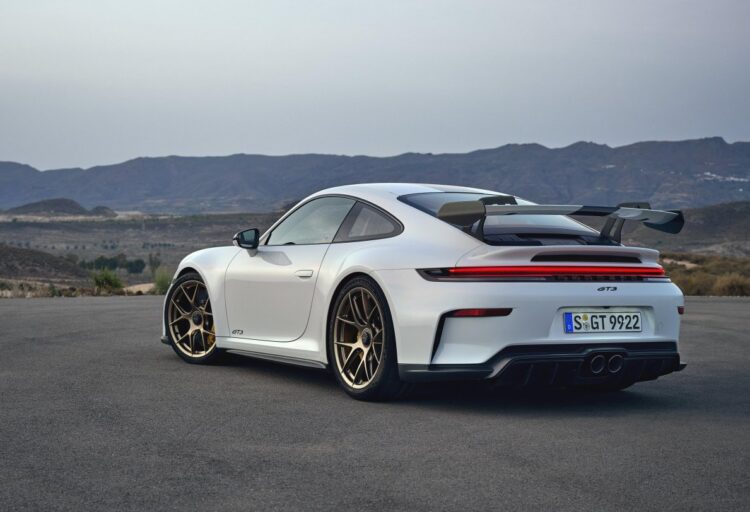Lancia, an Italian brand with a rich history, is set to revive its legendary sports model, the HF. This abbreviation, known from the brand’s iconic racing and sports cars, is now making its debut on an electric vehicle. The new Lancia Ypsilon HF will be the flagship of the new generation of this small hatchback, aiming to strengthen the brand’s position under the Stellantis group.
Built on the CMP Platform
The new Ypsilon HF is based on the Stellantis CMP platform and shares its technology with the powerful Alfa Romeo Junior Veloce. Following current trends, this version will be fully electric, featuring front-wheel drive and up to 207 kW (280 hp). It will be equipped with a high-voltage 54 kWh lithium-ion battery, ensuring a decent driving range, although using the car’s full power will likely drain the battery faster.
The Lancia Ypsilon HF will boast impressive performance and a sporty chassis. Expect a lower ride height, wider track, and technical features such as a Torsen limited-slip differential, improved steering, and suspension. The Ypsilon HF is estimated to accelerate from 0 to 100 km/h in about 5.8 seconds.
How Will an Electric Sports Car Perform?
The introduction of an HF electric version raises questions among car enthusiasts. While electric cars can deliver fast acceleration, many point out the lack of emotional connection that traditional combustion engines offer. The sound of the engine, the interaction with shifting gears, and even the car’s weight are elements that are missing in electric vehicles.
When writing this article, I couldn’t help but think of the electric Abarth 500, which was received positively, but sales figures show what real customers are looking for.
A Look at the Future of Rally and Racing Versions
Alongside the electric Ypsilon HF, Lancia also unveiled the Ypsilon Rally 4 HF, which will compete in rally events in the R4 category. This model is powered by a turbocharged 1.2-liter three-cylinder engine producing 212 hp, paired with a five-speed manual transmission and limited-slip differential. The rally car also features an aggressive body kit, upgraded suspension, and stronger brakes, highlighting its sporty nature.
Lancia has also confirmed that every future model will have its own HF version. However, it remains to be seen whether electric power can truly meet the expectations of HF’s sporty heritage fans.
Conclusion and Looking Ahead
With the new Ypsilon HF, Lancia is trying to revive its sporty tradition while meeting the demands of modern electric mobility. With 280 hp and quick acceleration, it could be an attractive model for daily use, but it may not convince hardcore sports car fans. The future of electric sports cars remains an open question – we’ll see if the Lancia Ypsilon HF can win over car enthusiasts.
We are eager to see what’s next for the brand, which promises not only electric but also racing models with traditional elements that fans of fast driving will appreciate.





Leave a Reply